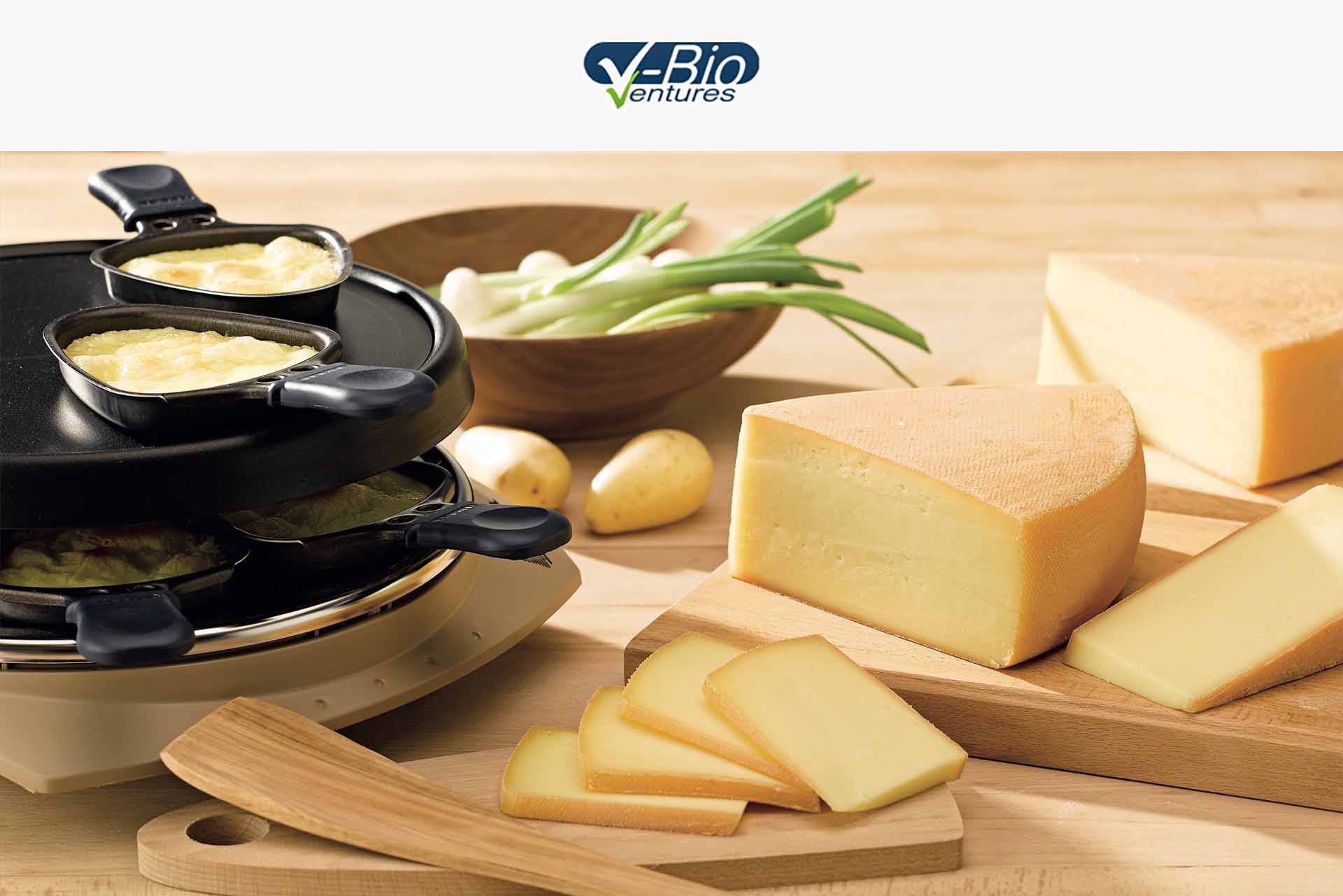Interest from the venture capital (VC) industry in agricultural technology (AgTech) has soared in recent years. In less than a decade, VC investments in AgTech companies increased staggeringly – over 15-fold – to reach about €7 billion in 2020. The current challenges posed by climate change and resource scarcity require a total makeover of our agricultural and food supply systems, and lots of money is being poured into the much-needed transformation. Plants, net absorbers of carbon dioxide, are increasingly seen as part of the solution.
Part of this focus on plant innovation is spurred by a growing community of vegetarian and flexitarian consumers. Driven by ethical, health and environmental concerns surrounding the livestock industry, these consumers have raised the demand for plant-based foods dramatically. Today, the global plant-based meat market is worth an estimated $12 billion. High profile companies such as Beyond Meat and Impossible Foods are trailblazing in the sector, boasting valuations exceeding those of century-old household names like Carlsberg breweries. Plant-based milk products even accounted for 15% of the US milk market in 2020, and the end of the fast growth of the segment is nowhere near.
Tasty melty cheese – from soybeans!
Recently, US company Nobell Foods raised over $100 million in two separate financing rounds to develop genetically modified (GM) soybeans for human consumption. The genetic modification allows soybean plants to produce large amounts of casein, a protein that makes up 80% of cow’s milk and is important in the cheese-making process. Casein is responsible for the typical melty and stretchy texture of cheese (which results from the clumping together of casein upon acidification or heat treatment during the curd phase), and additionally confers the characteristic cheesy flavour and smell (produced as a result of microbial breakdown and conversion of casein-derived peptides). By developing GM soybeans rich in casein, and a technology to convert the beans into cheese, Nobell is able to make plant-based cheese that tastes, looks, and feels like a dairy product.
The genetic modification allows soybean plants to produce large amounts of casein, a protein that makes up 80% of cow’s milk and is important in the cheese-making process.
Nobell Foods is dreaming big: the company is on a mission to transform the entire cheese industry and thereby become a multibillion-dollar company, aspiring to accomplish what role models like Beyond Meat did for the meat substitutes market. Nobell’s products fit with the entrenched food habits and preferences of cheese-loving consumers, while also meeting demands of vegetarianism and sustainability. According to Nobell Foods, a ton of its casein-containing soybeans produces almost 10 times more cheese than a ton of soybean fed to a dairy cow.
Shifting tides for GM acceptance in Europe?
The technology to genetically modify plants and equip them with traits not normally present in the species is not new. GM plants have been around since the 1980s and are today cultivated on over 200 million hectares, predominantly as a source of animal feed and textiles. The absence of GM foods in Europe’s grocery stores is primarily due to media actions of consumer groups in the 1990s, which lead retail groups to ban GM products from their shelves. For a long time, fighting GM products was a firm top priority for environmental organisations like Greenpeace.
By developing GM soybeans rich in casein, and a technology to convert the beans into cheese, Nobell is able to make plant-based cheese that tastes, looks, and feels like a dairy product.
It is striking then, given the historic opposition, that the Nobell press release for GM cheese has not stirred up much concern from consumers. Other GM examples have also met with a relative non-reaction recently: when Impossible Foods announced leghemoglobin, produced through fermentation by GM yeast, to be a key ingredient in its meat-replacing ‘impossible burger’, anti-GM activists went into a frenzy, but they were met by relative indifference from the average consumer.
Prioritizing sensible solutions to today’s challenges
Changing times bring about changing priorities. In light of the urgency to reach carbon neutrality, and rapidly shifting sentiments on animal welfare, activists will find it increasingly difficult to drive home their view that GM plants are all risks and zero benefits. GM crop cultivation has remained eventless for almost 40 years and has actually helped bring the use of insecticides down. Medical applications of GM technology never met real opposition because benefits were perceived to far outweigh the risks – we may be witnessing a similar shift in attitude towards agricultural applications.
Read this article about cultured meat, plant-based patties, and bug burgers: how VCs are backing protein alternatives!
GM and genome editing technology in agriculture could well find more widespread acceptance if deployed to bring solutions that are in sync with consumer priorities, rather than just those of farmers or agriculture companies. In that sense, Nobell Food might become among the first to really defuse this sensitive debate and set a trend for increased investment in areas where AgTech meets climate change and animal welfare. As VC investors broadly active in life sciences, we at V-Bio Ventures welcome a return to a more rational and priority-driven utilisation of tools and solutions enabled by advanced AgTech.


